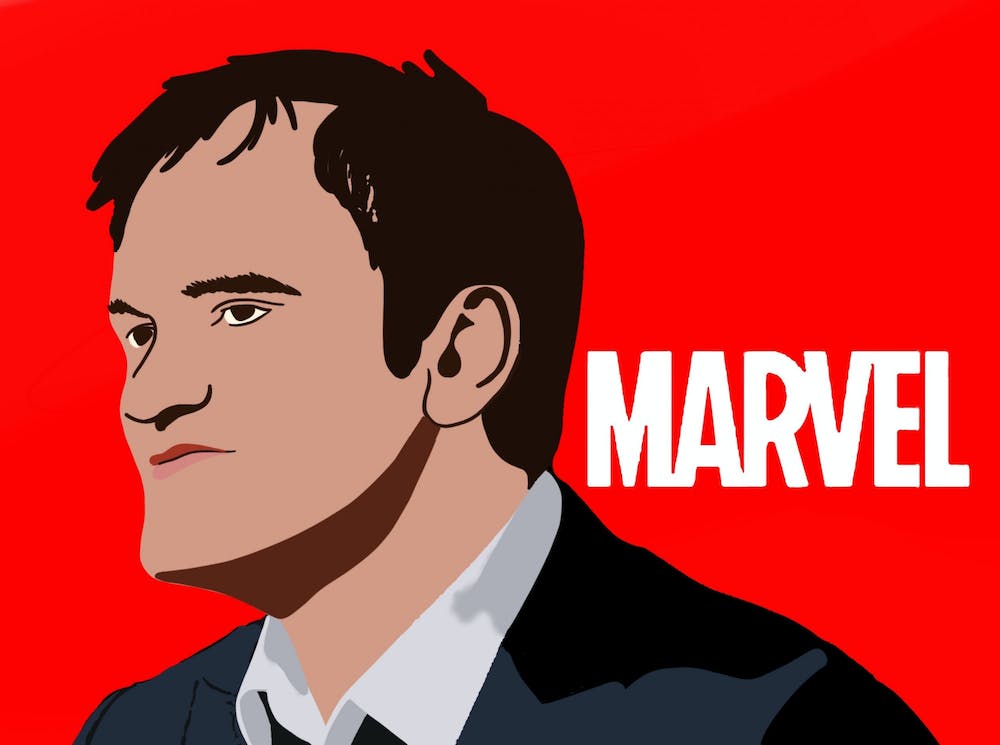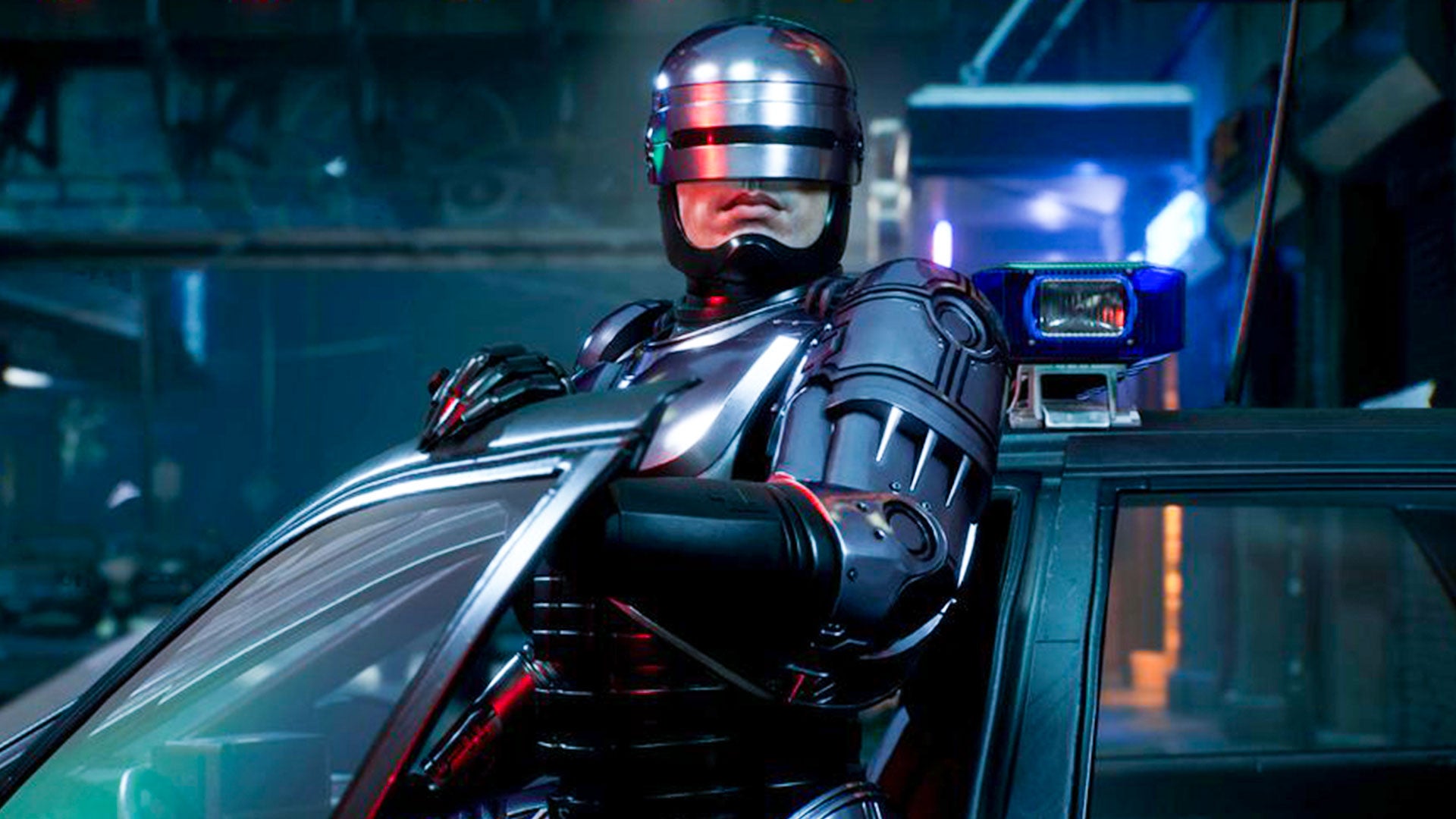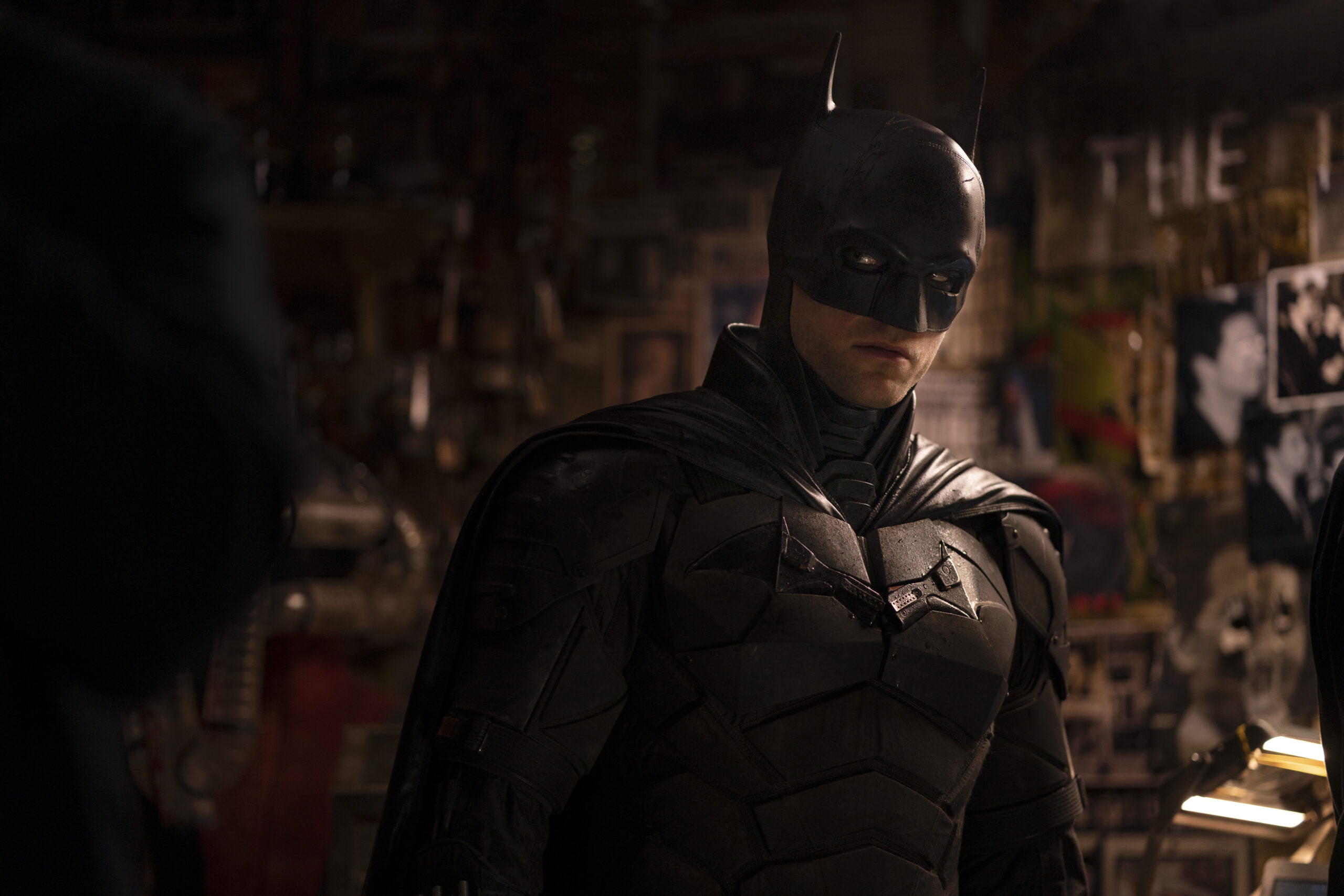In the ever-evolving landscape of filmmaking, a new term has emerged that encapsulates a significant shift in the industry: the “Marvelization” of cinema. This phenomenon, sparked by the colossal success of the Marvel Cinematic Universe (MCU), has redefined the way movies are made and consumed. However, it’s a double-edged sword. On one hand, it has created a new era of interconnected storytelling and fan engagement. On the other, it raises concerns about the dilution of originality and the dominance of corporate interests over creative integrity. Let’s dive into this cinematic metamorphosis, examining its key features and the mixed bag of impacts it has on the world of film.
The Rise of the Franchise Empire
Marvel’s groundbreaking approach to interconnected storytelling has set a new standard in franchise-building. This model involves crafting a series of movies that are linked together, often prioritizing marketing strategies, character crossovers, and plot interconnectivity over standalone narratives. While this creates a rich and immersive universe for fans, it often leads to what is referred to as “storytelling entropy” – the dilution of a franchise’s original concept as it expands outward.
The Twisting Path of Storytelling Entropy
Storytelling entropy is a critical concept in the Marvelization paradigm. As a franchise grows, it can lose the core essence that made it appealing in the first place. The original narrative becomes diluted under the weight of endless sequels, prequels, and spin-offs. This entropy not only affects the quality of the story but also the audience’s ability to engage with it on a deeper level.
Meta-Awareness: A Double-Edged Sword
Meta-awareness and self-reference have become increasingly prevalent in modern cinema, largely influenced by Marvel’s often witty and self-aware approach. When executed skillfully, this technique can add a layer of sophistication and humor to the narrative. However, when overused, it risks pulling the audience out of the story, turning potentially immersive experiences into a series of inside jokes and nods to the audience.
The Shadow of Corporate Interests
One of the more contentious aspects of Marvelization is the perceived shift from creative passion to corporate-driven objectives. The accusation is that movies are increasingly being designed around marketing strategies, merchandise sales, and setting up the next installment in a franchise, rather than being driven by a compelling story or artistic vision. This has led to a landscape where some films feel more like products of a corporate formula than expressions of a filmmaker’s passion.
The Heart of Cinematic Passion
Despite the trend towards Marvelization, there’s a counter-movement within the industry. Passionate filmmakers are still pursuing their unique visions, often resulting in more compelling and authentic stories. These films remind us that at its core, cinema is an art form – one that thrives on creativity, originality, and emotional resonance.
Breaking Free from the Marvel Mold
Thankfully, the cinematic world is vast and varied. Several filmmakers and studios are actively resisting the Marvelization trend. They focus on creating original movies, avoiding unnecessary franchise expansions, and steering clear of excessive meta-references. These films stand as testaments to the power of storytelling driven by passion and creativity rather than corporate strategy.
Conclusion: Finding the Balance
The Marvelization of cinema is a phenomenon that has brought both exciting innovations and concerning trends to the film industry. While the interconnected, franchise-driven approach can offer a unique and engaging experience, it’s crucial not to lose sight of the essence of cinema – storytelling driven by passion, creativity, and artistic integrity. As audiences, we have the power to shape the industry by supporting films that strike this delicate balance, ensuring a diverse and vibrant cinematic landscape for years to come.
So, as we sit in darkened theaters or scroll through streaming platforms, let’s remember that the true magic of cinema lies not in the size of its franchises, but in the heart of its stories.


